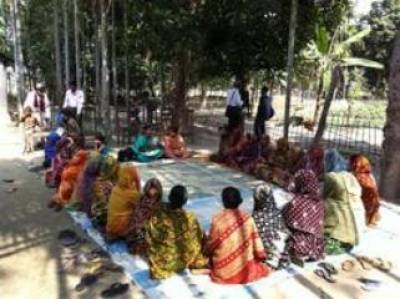Building evidence to support equitable improvement in maternal and newborn health in Asia & Africa

Project Summary
Progress towards the Millennium Development Goals (MDGs) has been highly uneven. Poor and otherwise disadvantaged groups lag behind their more fortunate compatriots for most MDGs. To make things worse, effective interventions are known, but rarely reach those who need them most. Unfortunately, little is known about how to effectively reach poor and otherwise disadvantaged groups, and how to address socio-economic inequalities in mortality.
Together with research partners in Asia and Africa, we aim to fill these gaps by generating evidence on:
- how socio-economic inequalities translate into inequalities in maternal and newborn mortality within countries,
- how to address the exclusion of poor and otherwise marginalised groups from efforts to achieve the MDGs,
- how to reduce socio-economic inequalities in maternal and newborn mortality.
Data will be obtained from six surveillance sites, in India, Nepal, Bangladesh and Malawi, where a combined population of over 2 million is prospectively followed-up. Information on birth outcomes, socio-economic position, health care use and home care practices will be used to describe and explain mortality inequalities.
Data from randomized controlled trials of participatory women's group interventions in these sites will be used to evaluate the differential reach of these interventions across socio-economic groups and the impact of these interventions on socio-economic inequalities in mortality. The three year project will actively engage with and learn from stakeholders to support the uptake of the newly generated evidence.
 Close
Close

